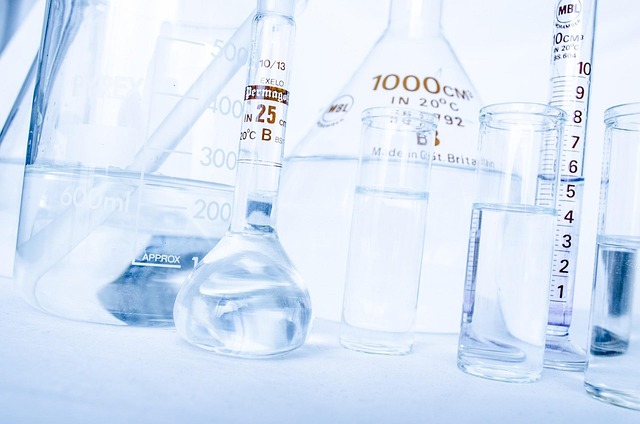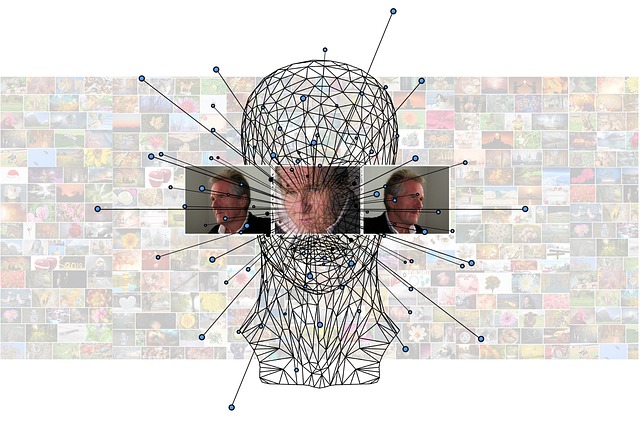The landscape of business is experiencing an unprecedented transformation, propelled by technological advancements that are reshaping every industry. Among these innovations, chemical robots stand out as a cornerstone of this evolution, merging the realms of robotics and artificial intelligence. As organizations seek to enhance their operational efficiency, the integration of chemical robots into business processes promises not only increased productivity but also opens doors to entirely new opportunities.
Imagine a manufacturing plant where intricate chemical reactions are managed by robotic systems, ensuring precise formulations without human error. This is not science fiction; it’s a glimpse into the future where chemical robots streamline production, reduce waste, and enhance the quality of products. By automating these complex processes, businesses can significantly lower costs while maximizing yield, creating a win-win scenario that traditional methods simply can’t compete with.
At the heart of this revolution is artificial intelligence, driving the capabilities of these chemical robots. AI enables these machines to learn from their environments, optimize their workflows, and adapt to changing conditions. For example, when applied in pharmaceuticals, chemical robots can efficiently conduct experiments, analyze vast amounts of data, and even predict outcomes with remarkable accuracy. This allows researchers to focus on innovation rather than mundane tasks, fostering an environment ripe for groundbreaking discoveries.
Moreover, the impact of automation on business extends beyond direct productivity gains. By leveraging chemical robots, companies can reallocate human talent to higher-level strategic roles, facilitating a shift towards more creative and critical thinking activities. As machines handle repetitive and hazardous tasks, workers can engage in areas that require empathy, intuition, and interpersonal skills—domains where human intelligence flourishes. This balance between human oversight and robotic execution is critical for sustainable growth in an ever-evolving market.
As the price of technology continues to fall and accessibility increases, small and medium-sized enterprises can also harness the power of chemical robots and artificial intelligence. This democratization of advanced technologies means that innovation is no longer the sole dominion of large corporations; startups and smaller businesses can now compete on a global stage. By adopting these technologies early, they can establish themselves as frontrunners in their fields, driving further innovation and progress.
In this age of automatisation, the integration of chemical robots is not merely a trend but a necessity for businesses aiming to thrive. The combination of robotics and AI is set to redefine operational frameworks, establish new benchmarks for efficiency, and push the boundaries of what is achievable in various sectors. As these technologies evolve, so too will the strategies of businesses around the world, leading to a future where a harmonious collaboration between humans and machines redefines the way we work.




